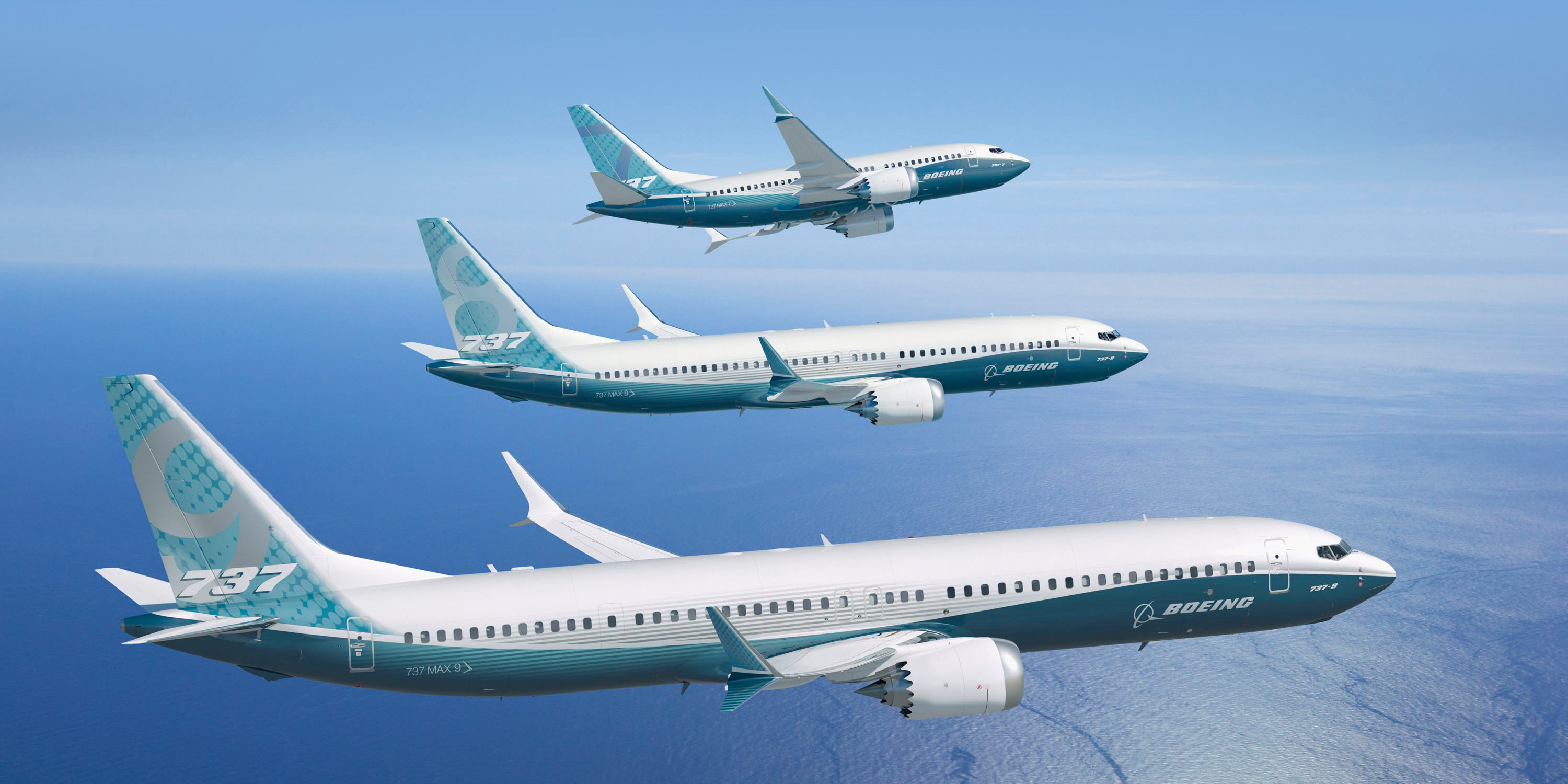- EU and Canadian regulators plan to conduct their own reviews of Boeing’s planned safety update to its 737 Max jets.
- The software updates come after two deadly crashes of Lion Air Flight 610 last October and Ethiopian Airlines Flight 302 earlier this month.
- Europe and Canada’s decisions to do their own investigations of the software update, rather than rely on the US’s, could be a snub to their American counterparts.
European and Canadian regulators plan to conduct their own reviews of a new safety update to Boeing’s 737 Max jets, rather than solely relying on those by US regulators.
It appears to be a snub to the US Federal Aviation Administration (FAA), who is also analyzing the jet’s safety. Boeing is an American company.
Boeing hopes to finish by Monday a software update to the 737 Max that can automatically position the nose of the plane to avoid an aerodynamic stall, The Associated Press reported, citing unnamed sources.
The software update comes after the fatal crashes of Indonesian carrier Lion Air Flight 610 last October and Ethiopian Airlines Flight 302 earlier this month. Both involved effectively brand-new Boeing 737 Max 8 airliners.

Patrick Ky, executive director of the European Union Aviation Safety Agency (EASA), told an EU parliament committee hearing: "We will not allow the aircraft to fly if we have not found acceptable answers to all our questions."
Canada said it would conduct an "exhaustive review" of the 737 Max's flight control system, known as the Maneuvering Characteristics Augmentation System (MCAS), Reuters reported.
It also said it would independently certify the Boeing 737 Max rather than solely accept FAA reports in the future. The country said it will send a team to help US authorities evaluate design changes if needed.
The Associated Press reported, referring to EU and Canadian plans to carry out their own probes: "Those reviews scramble an ambitious schedule set by Boeing and could undercut the FAA's reputation around the world."
Business Insider has contacted the FAA for comment.

Last week the Ethiopian government sent the flight-data recorder and the cockpit voice recorder from the crashed Ethiopian Airlines plane to France, rather than to the US.
The decision to send the so-called black boxes to France was unusual, as France and other European countries typically deal with investigations into incidents involving European plane manufacturers like Airbus, rather than American plane manufacturers like Boeing.
Though Ethiopian Airlines said that sending the data recorders to Europe was a strategic decision, Bloomberg described the decision as a sign that authorities in the US "aren't trusted to determine the cause of the disaster after ruling that the model is safe to fly."

The FBI is reportedly also joining the US Department of Transportation's investigation into the Boeing 737 Max plane.
The US, Canada, Europe, and 50 other countries grounded the Boeing 737 Max after the Ethiopian Airlines crash.
- Read more on the Boeing 737 Max:
- A cockpit voice recording from doomed Lion Air 737 Max shows pilots scoured the plane's manual to fix its fatal dive but couldn't find the right procedure in time
- The Boeing 737 Max is likely to be the last version of the best-selling airliner of all time
- Everything we know about Ethiopian Airlines' deadly crash of a Boeing 737 Max 8, the second disaster involving the plane in 5 months, and what Boeing is doing to ensure it never happens again
- The crashed Lion Air 737 Max had the same malfunction the day before, but crew figured out how to stop it. The information never made it to the next flight

